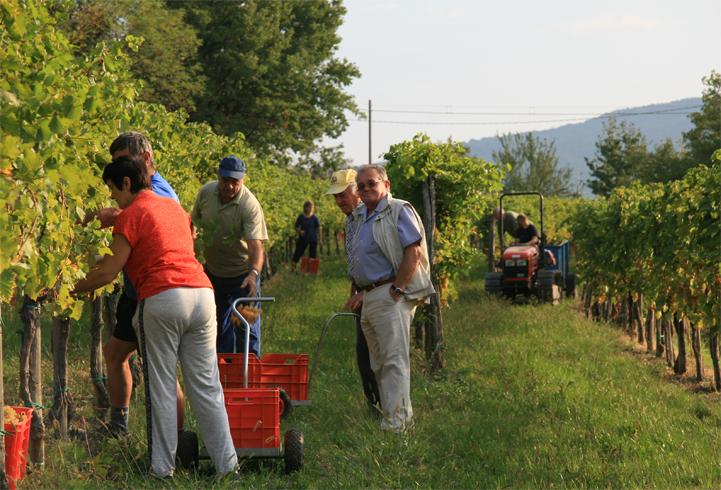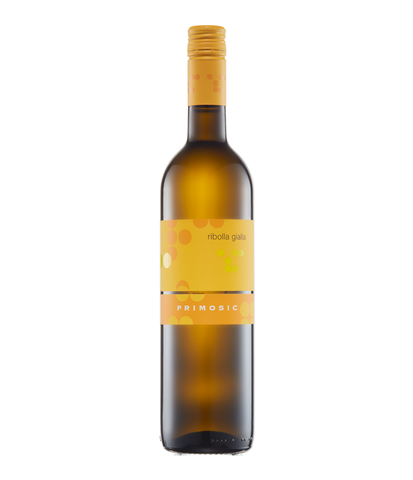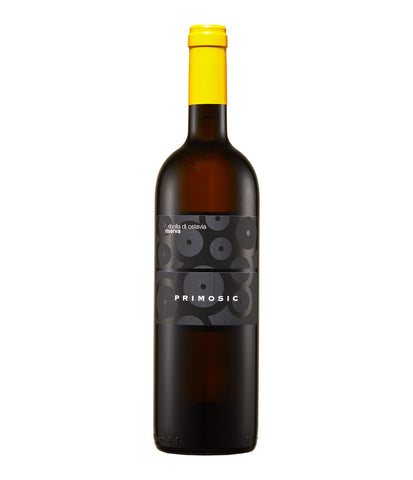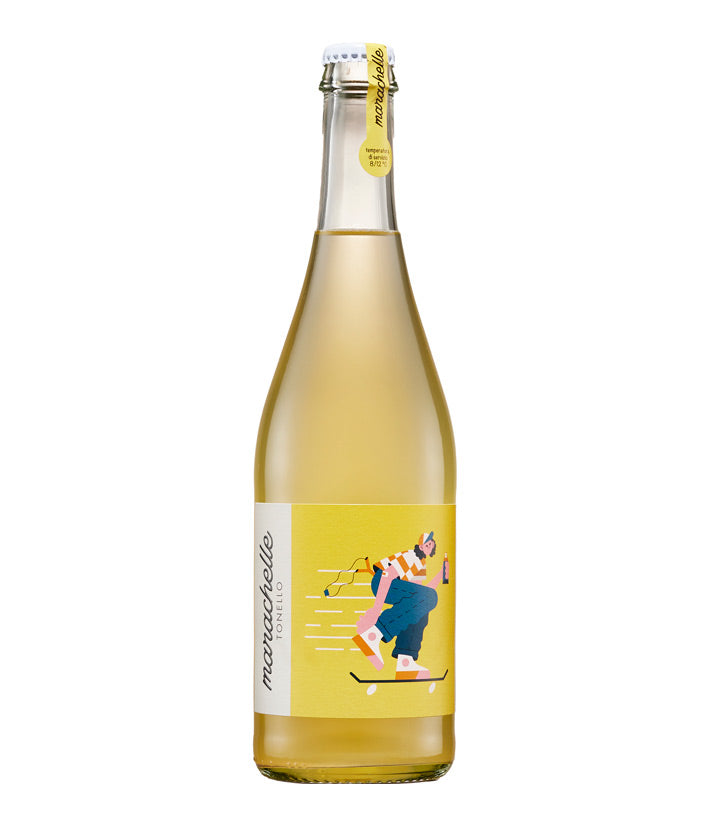
Primosic
Friuli-Venezia Giulia
Oslavia
The Primosic family have been in the wine business since at least the end of the 19th century, with records showing that Carlo Primosic sold wine to Vienna, transporting it himself in large wooden casks. As with much of Friuli, much of Europe, two World Wars and the attendant economic depressions saw the family business ravaged, and it was not until the 1950s that Silvan Primosic revived their fortunes by once again selling wine in bulk.
In 1964, Silvan started bottling and selling the wine under the family name, and, in 1967, when the Collio Consorzio was founded, the first bottle of wine bearing its mark was a Primosic Tocai Friulano – the ‘number one’ bottle is still in the possession of the family....READ MORE
Primosic
Friuli-Venezia Giulia
Oslavia
The Primosic family have been in the wine business since at least the end of the 19th century, with records showing that Carlo Primosic sold wine to Vienna, transporting it himself in large wooden casks. As with much of Friuli, much of Europe, two World Wars and the attendant economic depressions saw the family business ravaged, and it was not until the 1950s that Silvan Primosic revived their fortunes by once again selling wine in bulk.
In 1964, Silvan started bottling and selling the wine under the family name, and, in 1967, when the Collio Consorzio was founded, the first bottle of wine bearing its mark was a Primosic Tocai Friulano – the ‘number one’ bottle is still in the possession of the family.
Today, the Primosic family farm the classic grapes of the Collio across various vineyard sites, each well suited to the particular varieties planted. Viticulture is essentially a lutte raisonnée – as the French would say – approach, with intervention only employed as a last resort, never systemically. Winemaking is ‘classic’, employing stainless steel tanks for most wines, except for some of the cru expressions.
The Primosic wines are essential expressions of the Collio, reflective of the Ponca soil, the cooling impact of the Bora (local wind) and centuries of tradition.
COLLAPSE TEXT- Page 1 of 1
-
- Page 1 of 1
-







